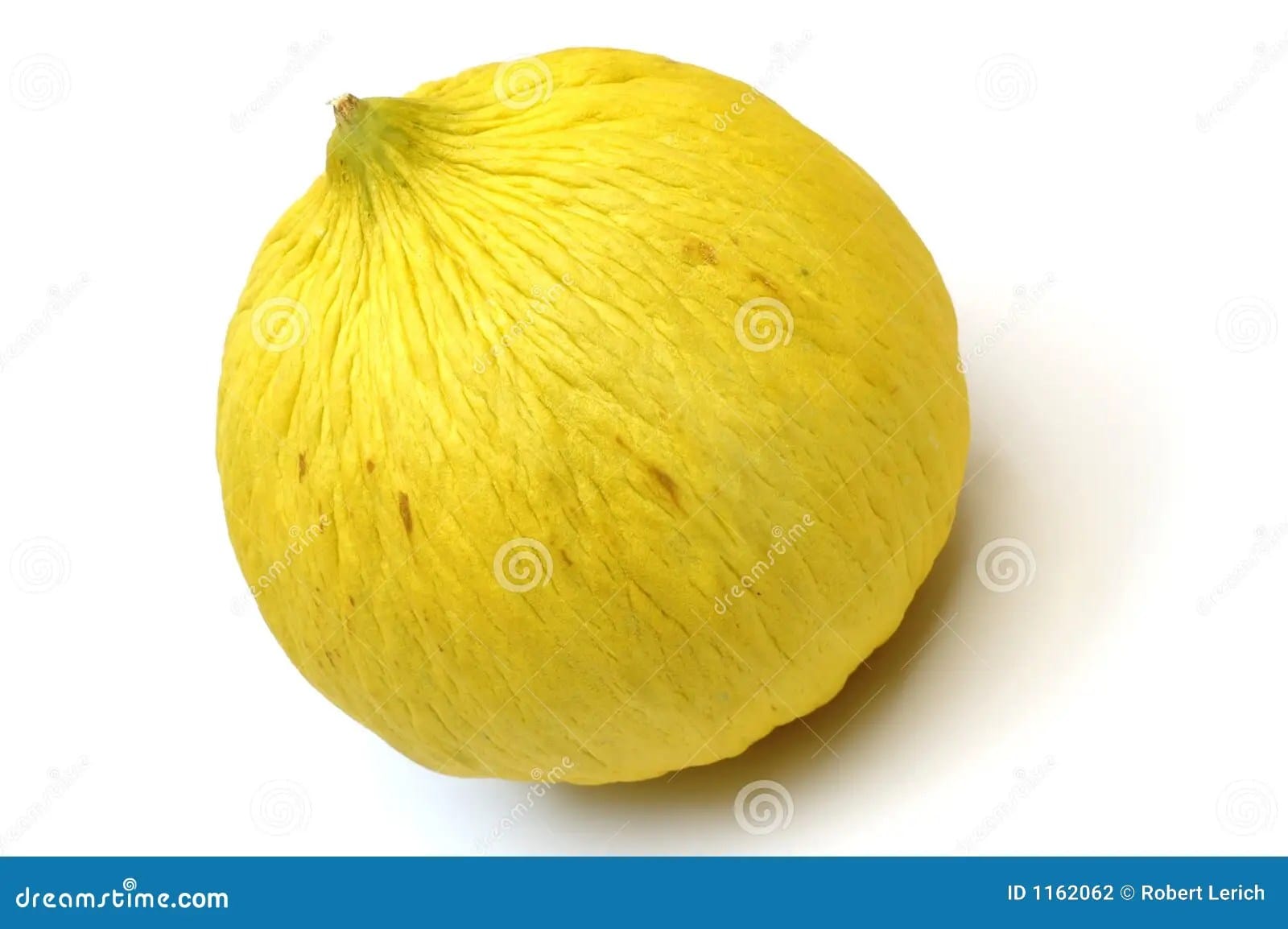Summer beckons, and with it comes a symphony of flavors, starring none other than the delightful casaba melon. This golden-hued fruit, with its refreshingly sweet and juicy flesh, is a true summertime treasure waiting to be discovered.
A Melon Like No Other
Ever heard of a casaba melon? If not, you’re in for a treat! Picture this: a scorching summer day, a craving for something cool and refreshing. Enter the casaba melon—round or slightly oval-shaped, with a tough outer skin that transforms from pale green to a sunny yellow when ripe. Slice it open, and you’ll be greeted by juicy, almost creamy flesh, either white or pale green. And the taste? Imagine a delicate sweetness with a hint of tanginess—pure summer bliss.
Why Casaba Melons Steal the Show
What sets the casaba melon apart from the usual watermelon or honeydew? Let’s dive in:
- Flavor: Think cantaloupe’s subtle sweetness without the strong aroma. Casaba melons boast a unique, mild flavor, with some even detecting a hint of cucumber.
- Texture: Say goodbye to mushy melons! Casaba melons are celebrated for their firm texture—a perfect balance between crunchy and juicy. This makes them ideal for salads or desserts, holding their shape beautifully.
- Long Shelf Life: We’ve all been there—a melon purchased with good intentions quickly succumbs to time. Casaba melons are here to change the game! They last longer than most other melons, so you can savor their sweetness for days.
Good for You, Inside and Out
Casaba melons aren’t just delicious; they’re good for you too! Here’s why:
- Low in Calories: Watching your weight? Casaba melon is your new best friend. It’s incredibly low in calories, making it the perfect guilt-free snack.
- Hydration Hero: Feeling parched? Casaba melons are packed with water, making them incredibly hydrating—just what you need on those scorching summer days.
- Vitamin Powerhouse: These melons are a great source of Vitamin C, which is fantastic for your immune system and skin. Plus, they’re rich in potassium, which is essential for keeping your heart healthy.
Endless Ways to Enjoy
The best part? Enjoying a casaba melon is as easy as slicing it up. Add it to salads, arrange it on a beautiful fruit platter, or enjoy it as a quick and easy snack.
But don’t stop there! Casaba melons are incredibly versatile. They lend their natural sweetness and creamy texture to smoothies and refreshing summer drinks. Feeling adventurous? Freeze them into delicious sorbets, ice cream, or granitas.
Here’s a fun fact—casaba melons can also add a touch of sweetness to savory dishes! Their unique flavor pairs surprisingly well with salty cured meats, tangy cheeses, and even warm spices like ginger.
Picking the Perfect Casaba Melon
When you’re at the store, how do you choose the perfect casaba melon? Here are a few tips:
- Give it a sniff: A ripe casaba melon will have a sweet and slightly floral aroma.
- Gently press the blossom end: If it yields a little under your thumb, it’s a good sign that the melon is ripe.
- Check the weight: A ripe casaba melon will feel heavy for its size – that means it’s full of juicy goodness!
Once you’ve found your perfect melon, store it at room temperature until it’s fully ripe. Then, pop it into the fridge—it’ll stay fresh and delicious for up to five days.
Did You Know?
Here are a few more interesting tidbits about casaba melons that you might not know:
- Good for Your Skin: Remember that Vitamin C we talked about? Well, some believe it might help your body produce collagen, which keeps your skin looking firm and youthful.
- A Global Ingredient: Casaba melons aren’t just a summer treat; they’re used in dishes all around the world, each culture adding its own unique twist.
- Less Food Waste: Because casaba melons have a longer shelf life, they’re a more sustainable choice. You’re less likely to end up with a rotten melon, which means less food goes to waste.
So there you have it—the casaba melon: a delicious, refreshing, and surprisingly versatile fruit that deserves a spot on your summer table!
Casaba vs. Honeydew: Unmasking the Differences
It’s easy to confuse casaba and honeydew melons, especially at the grocery store. However, while they share some family resemblance, these two members of the muskmelon family are definitely unique characters.
Appearance
- Casaba: A casaba melon sports a pale yellow, wrinkled rind, reminiscent of a cantaloupe without the netting. Inside, you’ll find creamy white flesh.
- Honeydew: The honeydew is the smooth operator, boasting a sunny yellow rind and vibrant green or tempting orange flesh.
Flavor
- Casaba: Casaba brings a refreshingly subtle sweetness, with a whisper of cucumber in the background.
- Honeydew: True to its name, honeydew is all about that honeyed sweetness—a more pronounced, sugary flavor.
Texture
- Casaba: Casaba offers a satisfyingly crisp bite, much like a watermelon.
- Honeydew: Honeydew is known for its luxurious, melt-in-your-mouth, buttery-smooth texture.
Culinary Uses
- Casaba: Casaba is adventurous in the kitchen, its mellow sweetness playing well with savory ingredients like salty feta cheese, fresh mint, or spicy salsas.
- Honeydew: Honeydew tends to stick to its sweet side, shining in classic pairings like prosciutto and melon, smoothies, fruit salads, and sorbets.
Whether you’re team casaba or team honeydew, both melons offer a unique flavor profile and culinary possibilities. Why not grab one of each and embark on your own melon tasting adventure?
A Taste of Intrigue: Exploring the Casaba Melon’s Flavor
Curious about the casaba melon’s taste? It’s a flavor that’s a little harder to pin down than some of its sweeter cousins. Imagine a refreshing cucumber, but with a gentle sweetness reminiscent of honeydew. Now, throw in a whisper of spice, and you’re getting closer to the complex taste of a casaba.
Many find the sweetness of a casaba melon more subtle and refined—not as bold as a watermelon or cantaloupe. This makes it an excellent choice for those who prefer a more balanced, less sugary flavor profile.
Think of it this way—while other melons steal the show, the casaba is more like that quiet friend with impeccable taste, offering a quiet kind of deliciousness. This understated sweetness makes it incredibly versatile in the kitchen. Slice it into fruit salads, blend it into smoothies, or even use it to add a refreshing twist to salsas and savory dishes.
If you’re tired of the usual melon suspects and want to try something a little different, the casaba melon is worth seeking out. It might just become your new favorite summertime treat!
Beyond “Casaba”: Unveiling Other Names for This Unique Melon
You might know it as a casaba melon, but this intriguing fruit goes by a couple of other names. It’s sometimes called a winter melon, which might seem odd since many people associate melons with summer. This nickname likely stems from its longer shelf life compared to other melons, allowing us to enjoy its sweet taste even into the colder months.
Adding to the confusion, casaba melon is also occasionally referred to as honeydew melon. However, this doesn’t mean it’s the same thing as the honeydew melon we usually find at the grocery store. While they share a similar pale green rind and sweet flavor, they’re distinct varieties with subtle differences in taste and texture.
When you bite into a casaba melon, you’ll probably notice its incredible juiciness and delicate, nuanced sweetness. Some even detect a hint of spice, making it a more complex flavor than your average melon. This unique profile makes it incredibly versatile in the kitchen. Enjoy it fresh, perhaps chilled for a summer afternoon snack. It also adds a lovely sweetness and refreshing crunch to fruit salads. Don’t stop there! Its smooth texture makes it perfect for blending into smoothies or as a base for chilled summer soups. Whether you’re craving something sweet or savory, the casaba melon, with its multiple monikers and subtle flavor profile, might just surprise you with its adaptability.
From Joint Health to Spiritual Growth: Exploring Related Topics
If any of your furry friends are suffering from joint problems, be sure to learn more about the carnivora supplement that can provide relief. For those interested in religious education, you should definitely know more about the catechumenate program offered by our organization.
















